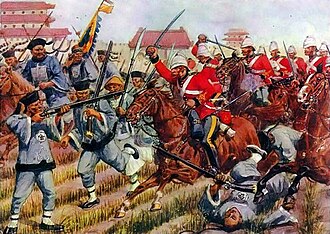The Second Opium War (1856-1860) emerged from unresolved tensions between China and Western powers, particularly regarding trade rights and the controversial opium trade. This conflict would leave an indelible mark on Chinese history and sovereignty.
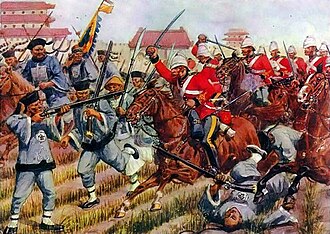
British troops in Beijing, 1860. Source: Wikipedia
The spark that ignited this devastating conflict was the Arrow Incident of 1856, where British traders accused Chinese officials of disrespecting their flag. This seemingly minor diplomatic dispute quickly escalated into a full-scale military confrontation.
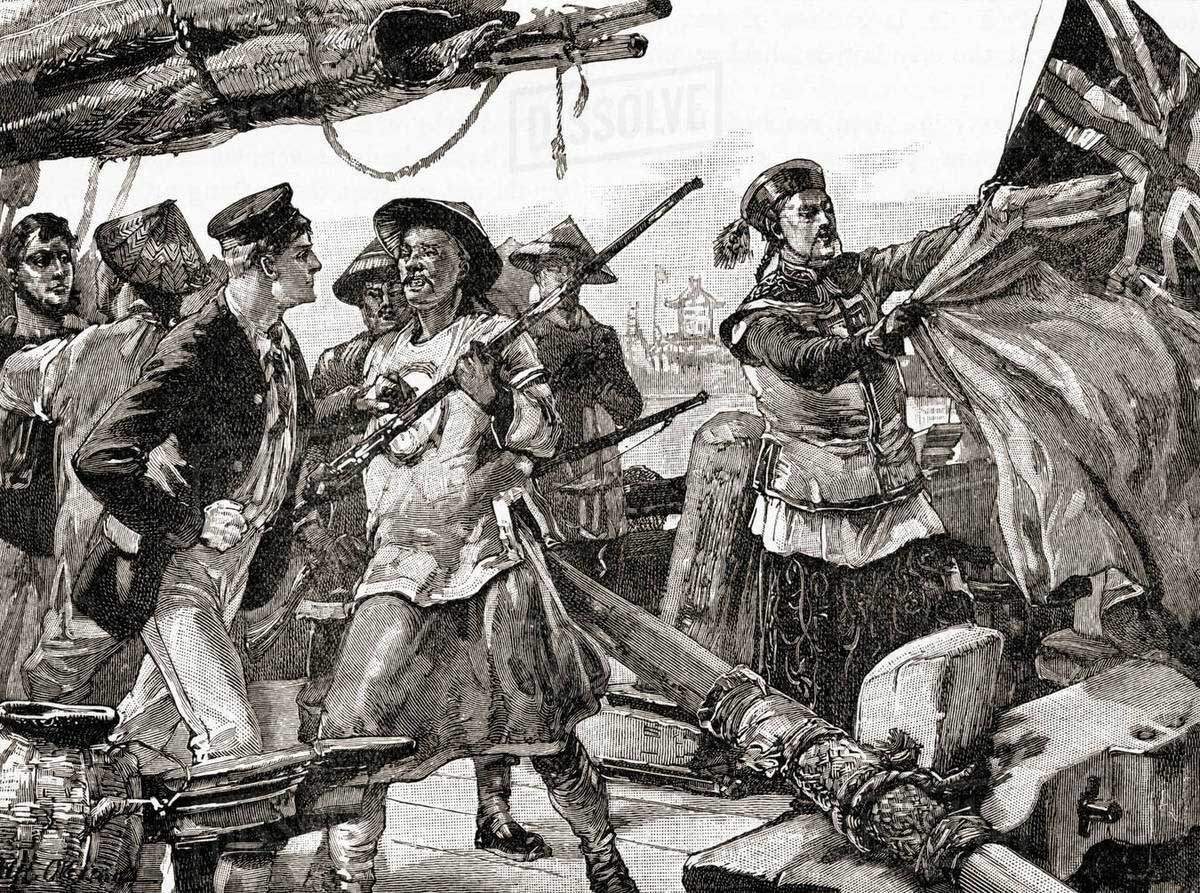
The Arrow Incident that sparked the Second Opium War. Source: History Today
British and French forces demonstrated their superior military might by launching devastating attacks on key Chinese coastal cities, including Guangzhou (Canton) and Tianjin. The Western powers’ advanced naval technology proved overwhelming for Chinese defenses.
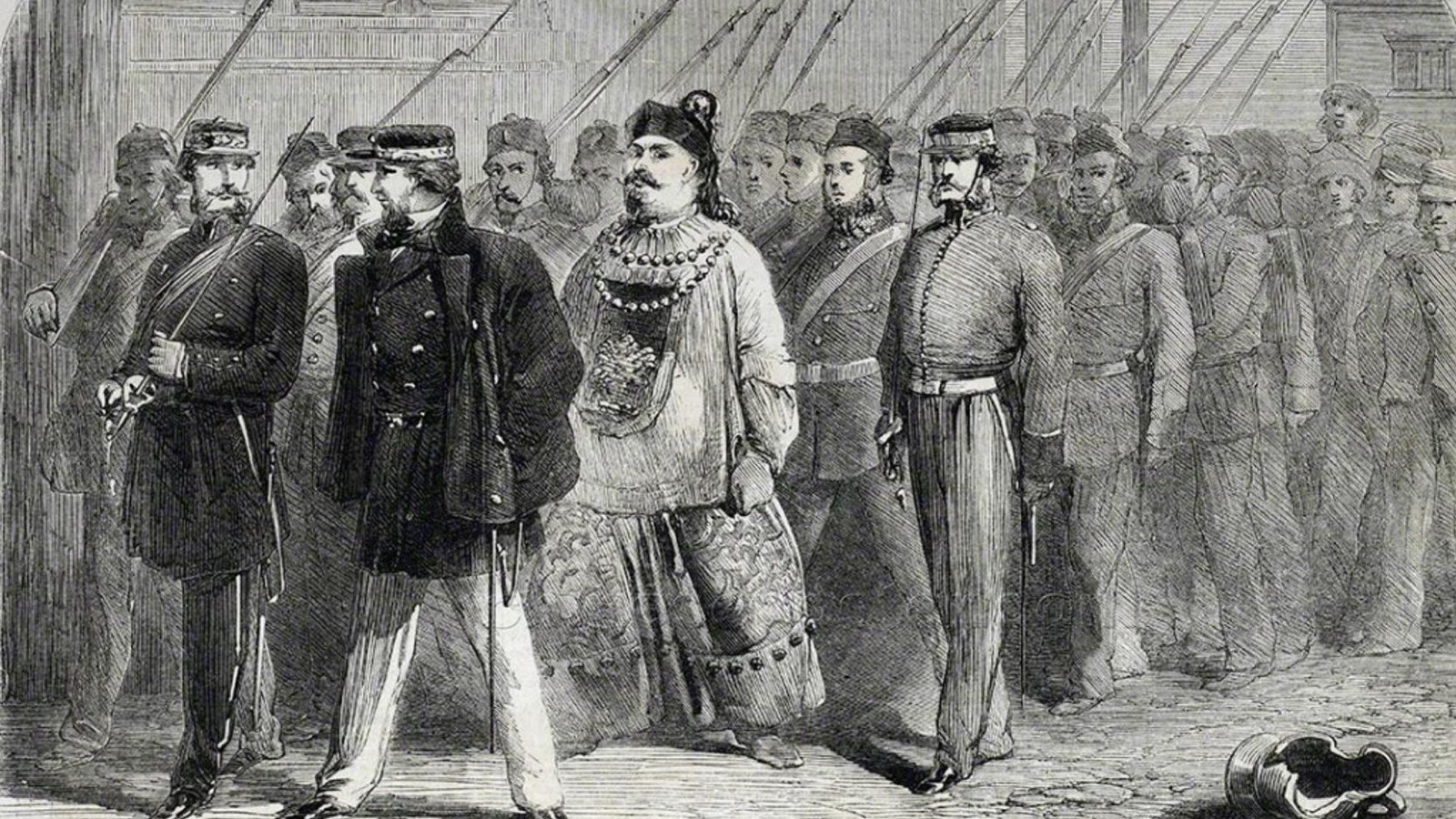
The Royal Marines during the conflict. Source: National Park Service
The conflict concluded with the humiliating Treaty of Tientsin (1856) and Convention of Peking (1860). These agreements forced China to grant significant concessions, including the legalization of opium trade, opening of new ports, and the cession of Hong Kong to British control.
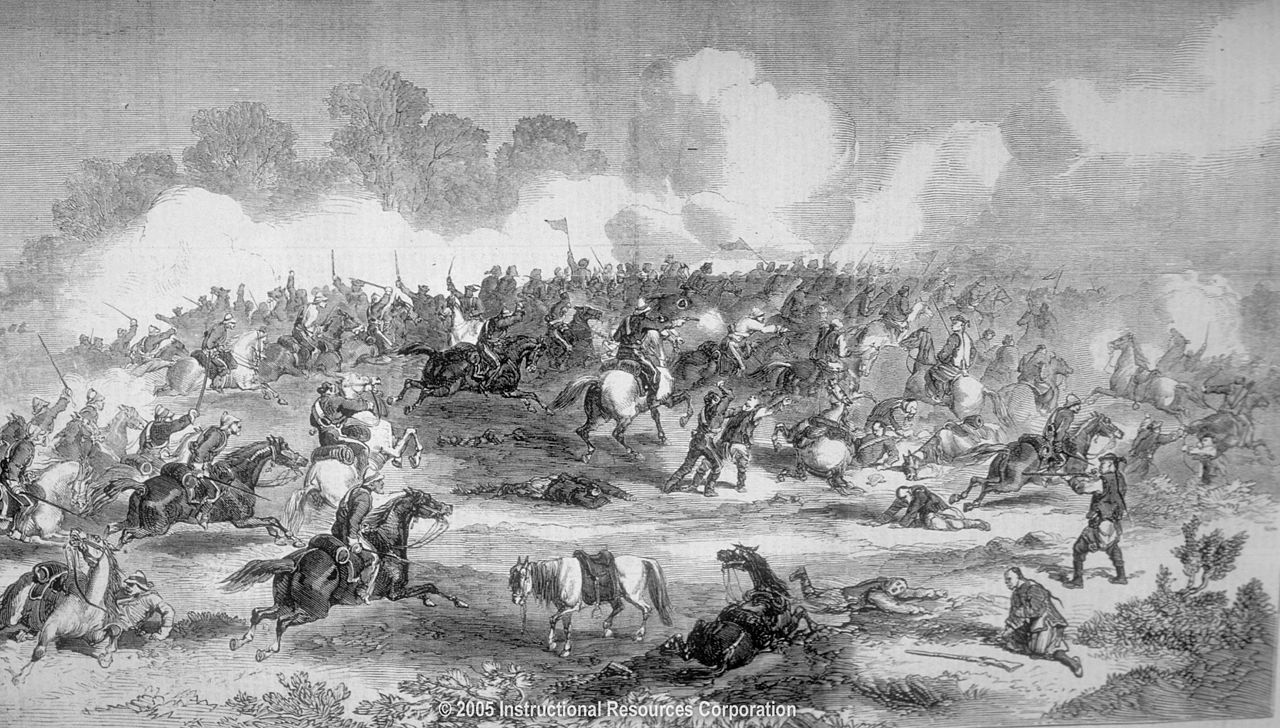
The signing of the Treaty of Tianjin. Source: Brewminate
The aftermath of the Second Opium War marked a turning point in Chinese history. The conflict not only weakened the Qing Dynasty but also catalyzed future nationalist movements and modernization efforts. This period of national humiliation would influence Chinese politics and society for generations to come.
References:
Second Opium War – Encyclopedia Britannica – link
The Arrow Incident – History Today – link
Categories: Asian History, Colonial History, Military History, War History, World History
Tags: British Empire, Chinese history, colonial history, Opium Trade, Qing Dynasty, Second Opium War, Treaty of Tientsin
Religion: Various
Country of Origin: China, France, United Kingdom
Topic: Military Conflict
Ethnicity: Various

